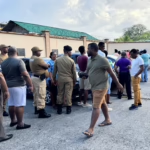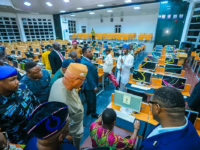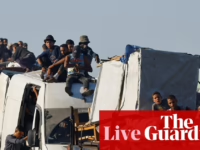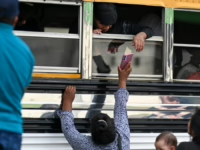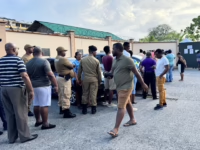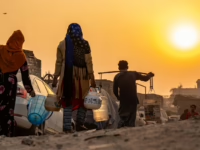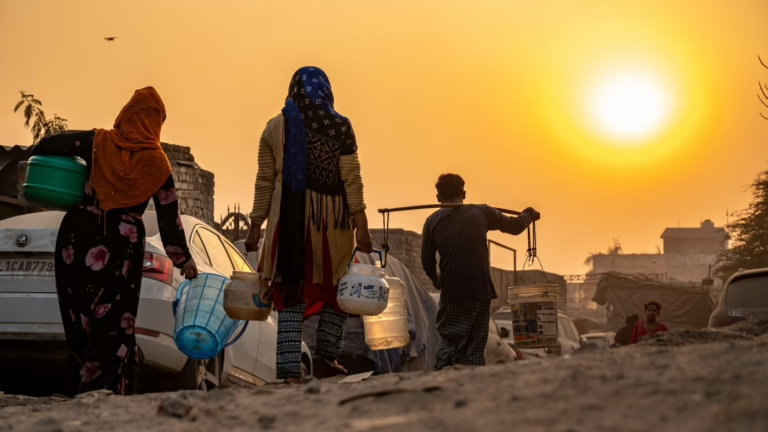A Rohingya refugee woman carries a container of drinking water from a distribution point at the Madanpur Khadar Rohingya refugee camp in New Delhi, India.
Pradeep Gaur/SOPA Images/LightRocket via Getty Images
In Mumbai’s working-class neighborhood, Mustafa Kamal Sheikh ran a humble street food stall for over ten years, specializing in jhalmuri-a spicy puffed rice snack beloved by locals, including nearby police officers who often stopped by for a quick bite and friendly chat.
However, in June, Kamal’s routine was shattered when two police officers visited his home demanding identification. Despite presenting multiple valid IDs, including a voter card, he was accused of falsifying documents and taken into custody-a charge he firmly denies.
Without access to legal counsel or communication, Kamal recounts being transported over a thousand miles by police and the Border Security Force to the India-Bangladesh border. In the dead of night, border guards handed him a small sum of Bangladeshi taka-less than three dollars-and ordered him to cross into Bangladesh, warning that returning would result in being shot. Kamal was among several dozen Muslims forcibly removed from Mumbai.
Following viral videos on Indian social media showing Kamal and others tearfully pleading near the border with their Indian addresses, authorities allowed him to return two days later. The Maharashtra police, implicated in his detention, have not responded to interview requests.
Crackdown Intensifies After Kashmir Attacks
Human Rights Watch reports a surge in deportations beginning in May, coinciding with the aftermath of a deadly militant attack in Indian-administered Kashmir in April, which claimed 26 lives. The Indian government attributed the assault to Pakistan, sparking a brief conflict in May, though Pakistan denies involvement.
While India has not disclosed official deportation numbers, Human Rights Watch, citing Bangladeshi border officials, estimates that over 1,500 individuals-including Indian nationals and approximately 100 Rohingya refugees-were expelled to Bangladesh and Myanmar between early May and mid-June. The Rohingya, a Muslim minority fleeing persecution in Myanmar, have long sought refuge in India.
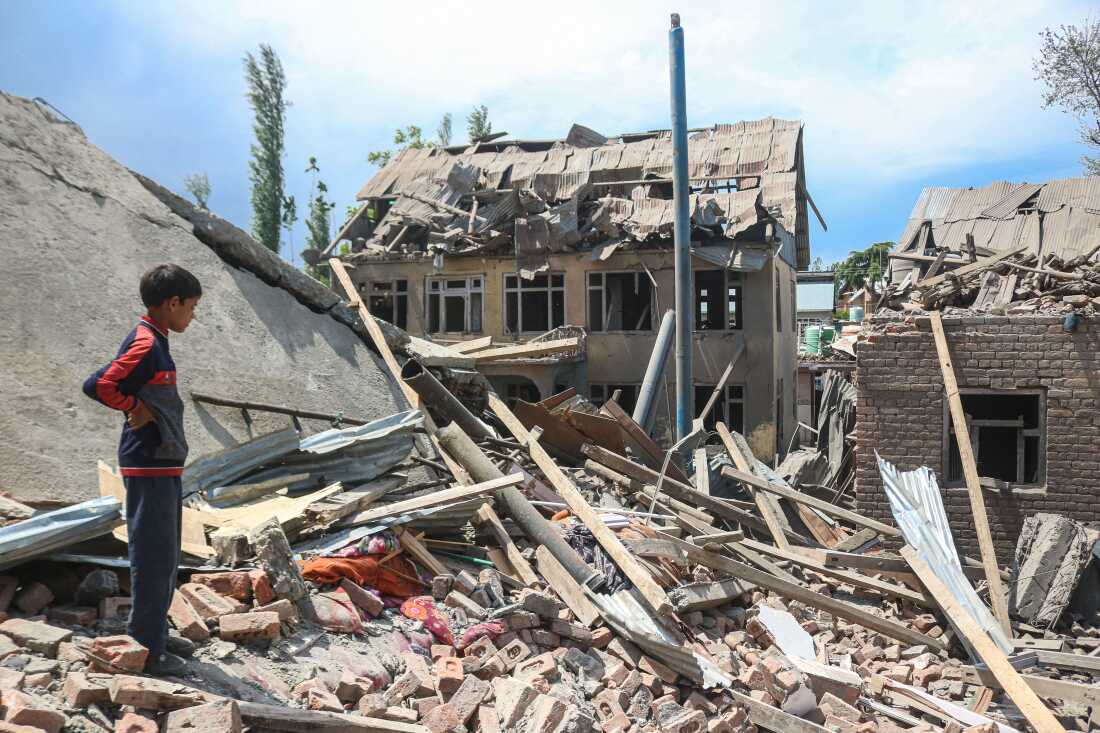
A young boy stands near the ruins of a home reportedly destroyed due to its association with a suspected militant involved in the April Kashmir attack.
Firdous Nazir/NurPhoto via Getty Images
Human Rights Watch highlights that these expulsions occurred without due legal process. Reports from Reuters and local media reveal that in Indian states like Assam and Gujarat, authorities demolished homes belonging to Muslim families and detained numerous individuals nationwide.
Most of those targeted, including Kamal, were working-class individuals who spoke Bangla-a language common to both West Bengal in India and neighboring Bangladesh-making them vulnerable to suspicion and discrimination.
Meenakshi Ganguly, deputy director of Human Rights Watch’s Asia division, explains that the shared language facilitated the targeting, as many Bangladeshis migrate to India seeking employment opportunities.
Teesta Setalvad, co-founder of the Mumbai-based organization Citizens for Justice and Peace, suggests the crackdown served as a political diversion from the fallout of the Kashmir attack.
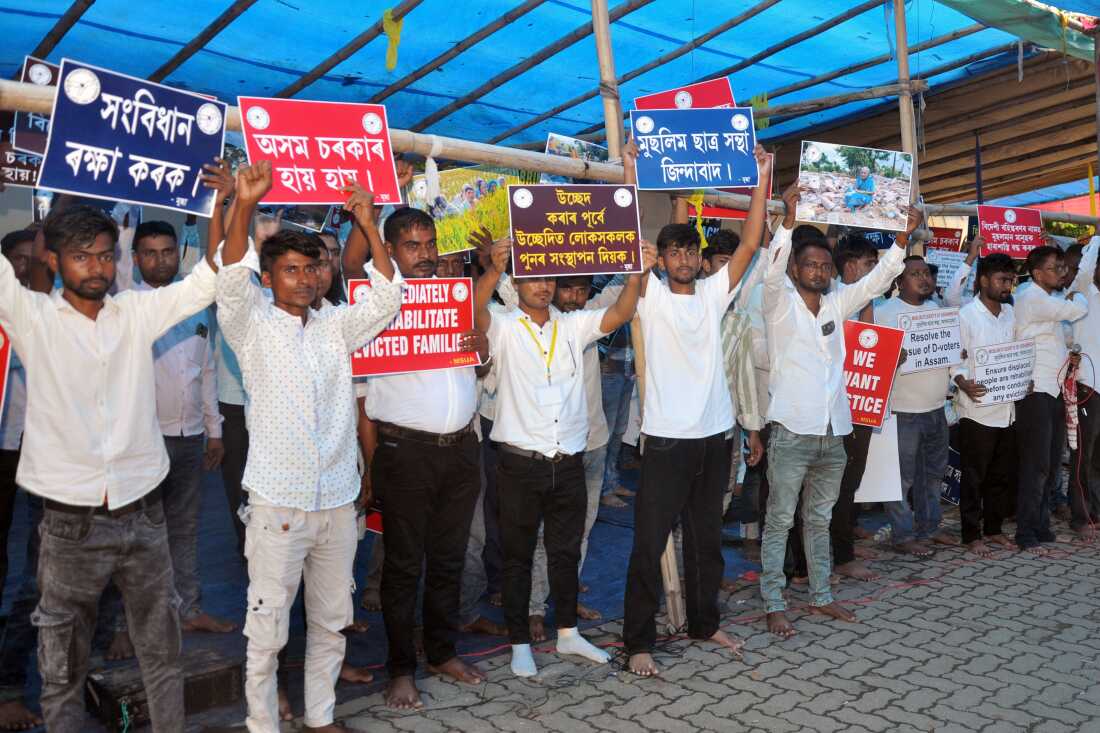
Activists from the Muslim Students Union of Assam protest against government eviction campaigns across multiple districts in Guwahati, India, on July 28.
Anuwar Hazarika/NurPhoto via Getty Images
“Such a terror attack ignites widespread national anger,” Setalvad remarks. “It seems this campaign was designed to shift focus away from the government’s failure to protect innocent citizens,” with politicians fueling fears by labeling immigrants as “infiltrators.”
Requests for comment from India’s Home Ministry, responsible for immigration, went unanswered.
This recent wave is part of a broader, ongoing effort by Prime Minister Narendra Modi’s administration to marginalize Muslims. In 2019, the ruling Bharatiya Janata Party (BJP) enacted a contentious citizenship law that led to the expulsion of Muslim citizens in Assam. That same year, BJP leader Amit Shah, now Home Minister, vowed at a rally to identify “infiltrators” and “dump them in the Bay of Bengal” if re-elected.
During the crackdown following the April militant attack, Rohingya refugees report experiencing similar forced removals.
Rohingya Refugees Face Harsh Measures
For over ten years, New Delhi’s Shram Vihar area has sheltered numerous Rohingya families living in fragile shelters made from bamboo and tarpaulin, with rats frequently scurrying through.
In early May, police summoned residents for biometric verification. Nooralamin, who uses only one name, recounts how his parents and brother went with others but never returned. Four days later, his brother called from a Myanmar phone number.
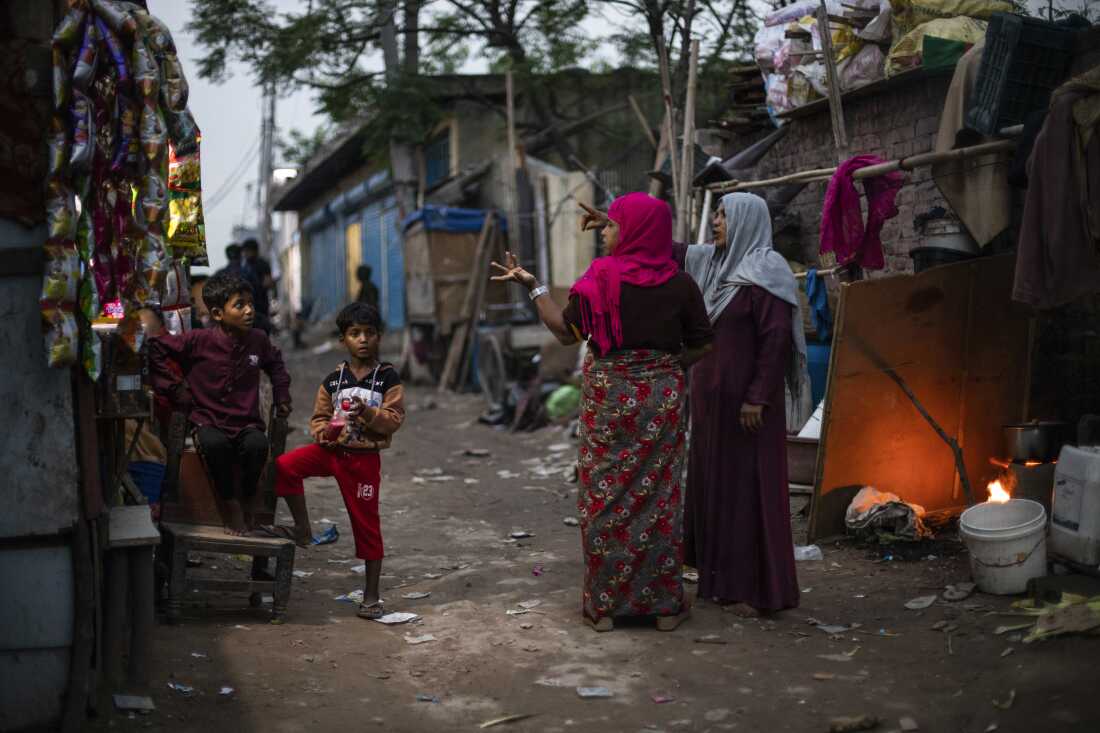
Rohingya women and children gather at a refugee camp in New Delhi during World Refugee Day, June 17, 2023.
Amarjeet Kumar Singh/Anadolu Agency via Getty Images
Nooralamin’s brother described how Indian security forces transported them by air to the Andaman Islands, forced them onto a naval vessel, and took them near Myanmar’s coast before dawn. They were given life jackets and ordered to jump into the sea.
Fortunately, a rebel group opposing Myanmar’s military junta provided shelter to his family after Burmese fishermen rescued them from the water. Nooralamin believes he was spared detention because his wife recently suffered a miscarriage.
Similar raids occurred in New Delhi’s Uttam Nagar neighborhood, according to other Rohingya residents.
India is home to an estimated 40,000 Rohingya refugees, many registered with the United Nations High Commissioner for Refugees (UNHCR). Until 2018, this registration granted access to public education and healthcare, but conditions have deteriorated since.
Before local elections in New Delhi earlier this year, the BJP pledged to deport all Rohingya refugees within two years if re-elected-a promise that helped secure a two-thirds majority.
Delhi police senior officer Hemant Tiwari denied any ethnic targeting, stating that operations focused solely on individuals residing illegally.
A Politically Driven Agenda
Ziya Us Salam, columnist for the liberal newspaper The Hindu and author of Being Muslim In Hindu India, challenges the government’s narrative of combating illegal immigration.
“The real objective is to foment animosity against ordinary Indian Muslims and exploit it during elections,” he asserts.
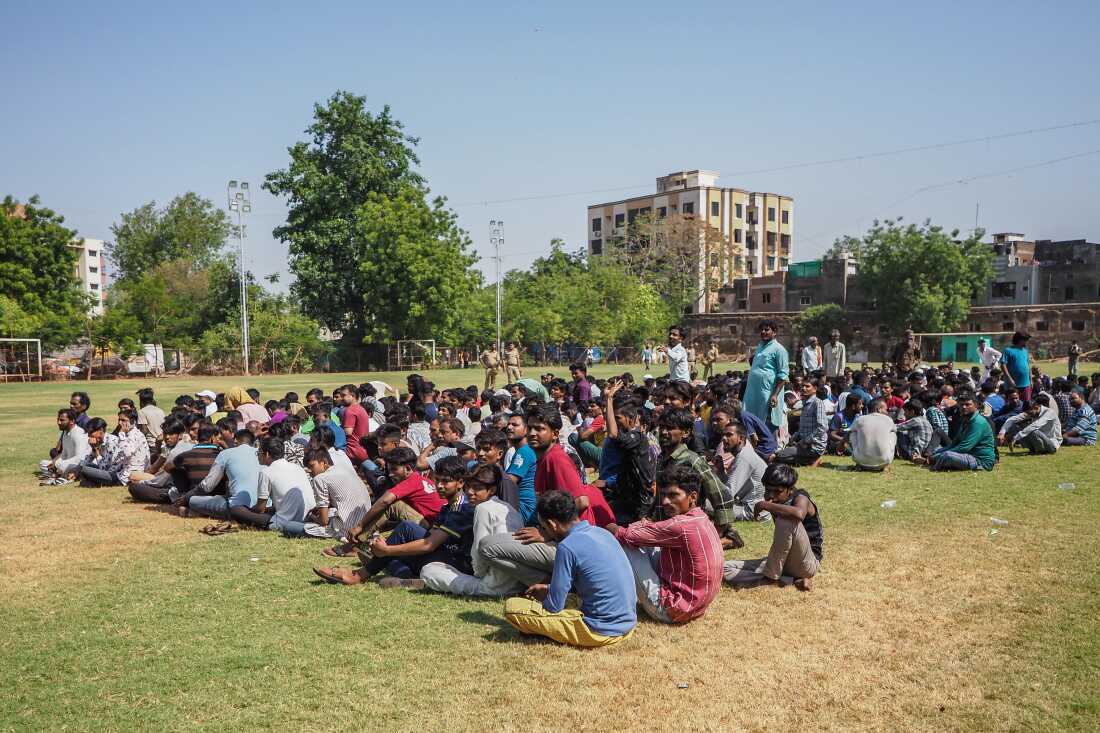
Bangladeshi migrants detained during a police operation sit at a crime branch office in Ahmedabad, India, on April 26.
Sam Panthaky/AFP via Getty Images
Salam points out that upcoming elections in three states are highly competitive, and “crackdowns on Muslims have proven politically effective before.” Recently, the BJP’s official X account for one state circulated an AI-generated video warning of a surge of Muslims in traditional attire if the party lost power.
He argues these tactics divert attention from critical issues such as unemployment, inadequate education and healthcare infrastructure, and the government’s failure to identify the perpetrators of the Kashmir attack.
For those like Mustafa Kamal, the trauma of forced displacement remains vivid. Now residing in his mother’s village in West Bengal, he longs to return to Mumbai to resume selling jhalmuri, where earnings are higher than his current farm work. If authorities come for him again, he says he will welcome them with food, invoking a Hindi proverb meaning, “When living among crocodiles, don’t make enemies of them.”


